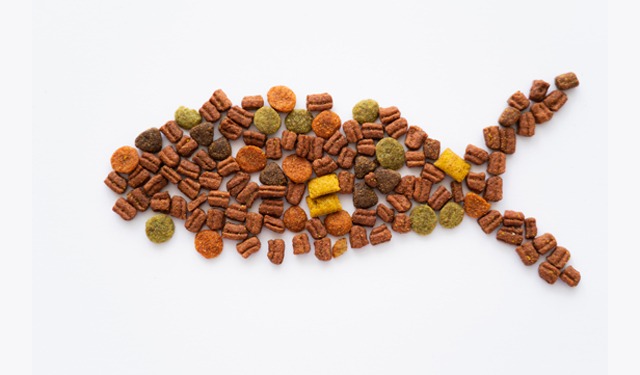Feeding enchitreid worms for sustainable aquaculture – Recent research has shed light on an innovative perspective for sustainable aquaculture: enchitreid worms. These tiny organisms, known for their appetite for organic materials such as decaying seaweed, could soon become an alternative and sustainable source of food for farmed fish.
Aquaculture fry production relies mainly on conventional ingredients such as rotifers, small crustaceans and fish oils. However, this approach often leads to a number of problems, including reduced long-term sustainability and a potential lack of optimal nutrition for fish.
In response to this challenge, researchers at Aarhus University have developed an innovative method to cultivate marine enchitreid worms as an alternative to traditional feed. Using a combination of compost and decomposing seaweed as substrate, they were able to achieve semi-industrial levels of enchitreid biomass production with minimal operating costs and low labour requirements.
Enchitreid worms
What makes enchitreid worms so promising is their exceptional nutritional composition. Rich in protein, lipids and long-chain omega-3 fatty acids, these worms offer a complete and balanced food for farmed fish. Moreover, their potential to be fed with industrial organic waste makes them an ideal solution to reduce dependence on marine food sources and alleviate pressure on marine ecosystems.
Early tests have shown that enchitreid worms can significantly improve the growth of some farmed fish species, such as turbot, flounder and white fish, compared to traditional feeding. These promising results could pave the way for a new era in sustainable aquaculture.
Although further research is needed to fully explore the potential of enchytrid worms as a food alternative, this discovery represents a significant step towards a more sustainable future for the fishing industry. Funded by the European Maritime and Fisheries Fund, this research could start a new revolution in aquaculture, enabling the growing demand for fish to be met in an eco-friendly and responsible way.
Feeding enchitreid worms for sustainable aquaculture








